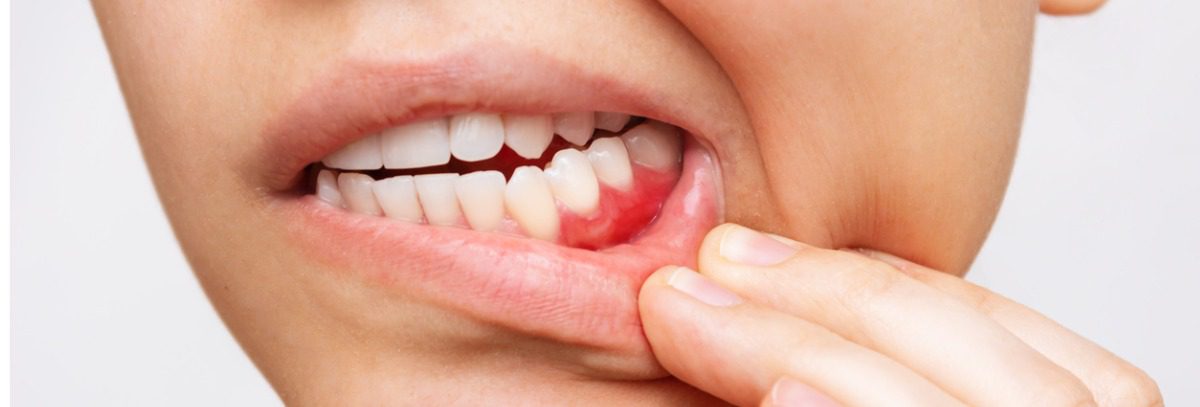Oral health means more than just healthy teeth and gums; it can also indicate your overall health. Just like your overall health, oral health requires taking action to maintain it. If you slack on your daily dental hygiene routine, your oral health will suffer. Ignoring indicators of oral pitfalls can also wreak havoc on your oral health and overall well-being. Here, our Gainesville dentists at Comprehensive Dental Care discuss common dental health pitfalls and how to effectively avoid them.
Call our office today to learn more about our dental services and schedule an appointment with one of our dentists in Gainesville!
Improper Brushing
Brushing your teeth and gums at least twice daily is integral to achieving and maintaining a high degree of oral health. Most of us started brushing our teeth when our baby teeth came in during childhood. Even though you may have brushed your teeth for many years since then, without the proper technique, your brushing efforts may not prove beneficial for your oral health. For the best technique, angle the brush head 45 degrees from your gumline and brush in small, circular rotations. Start at the front of each tooth, then brush the back, and finally brush the top of every tooth. You should also use a dentist-approved brush, as brushes with too-hard bristles can erode your teeth.
Not Flossing Each Day
Along with brushing your teeth, flossing is critical to high dental health. Patients often think flossing is an optional task or doesn’t need to be done daily. However, we recommend that our patients floss at least once each day. Even if you floss daily, using the right technique may affect your results. Avoid pressing down too hard between your teeth with floss, as this can cause trauma to your gums, and it doesn’t work to remove plaque. Dispense about 18–24 inches of dental floss, wind the floss around the tips of your middle fingers, and place the floss against the edge of each tooth so the floss hugs the tooth as you move it up and down. As the floss picks up plaque, rinse the floss with water or use a clean portion.
Ignoring Teeth Grinding
Do you grind your teeth? Oftentimes, patients who grind their teeth have no idea they do it. Teeth grinding can occur due to stress, habit, or other reasons, and it may take place when you’re sleeping or during waking hours. Teeth grinding may seem like a harmless habit, but in reality, the effects of bruxism can be detrimental to your oral health, resulting in chipped teeth, temporomandibular joint disorder (TMD), facial structure changes, migraines, and other side effects. Your dentist will be able to observe your teeth and determine whether you grind your teeth. If you knowingly grind your teeth, consult your dental health professional about potential treatment options.
Failing To Visit Your Dentist
Your dentist is your partner in oral health maintenance and management. During your twice-yearly checkups and teeth cleanings, your dentist will examine your teeth, gums, and mouth for any signs of cavities, dental fractures, gum disease, or other oral problems and take X-rays to determine the extent of a potential issue. Seeing your dentist at least twice a year can help you avoid a wide range of oral health pitfalls, from cavities and abscesses to gum disease and more. Plus, by visiting your dentist regularly, any problems can be caught early on and quickly corrected for restored oral health. They can also provide you with the best recommendations for oral care.
